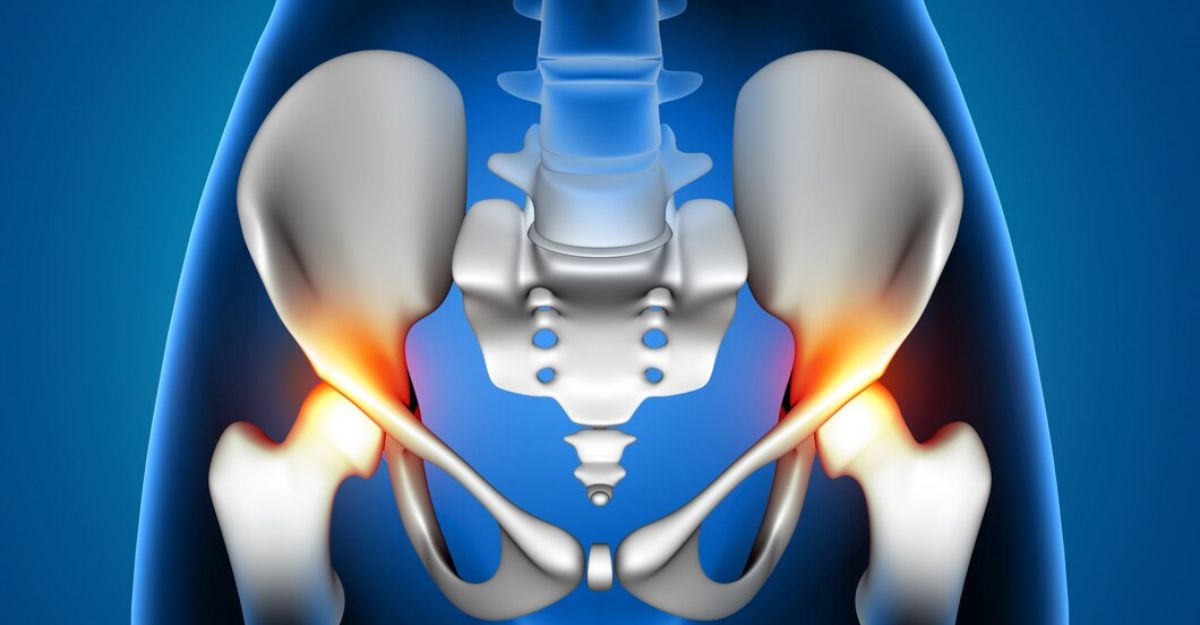Introduction:
Buttock pain from prolonged sitting is a common issue, affecting individuals who spend extended hours at desks, in front of computers, or during long commutes. While it’s crucial to consult with a healthcare professional for personalized advice, there are some natural remedies and lifestyle adjustments that may help relieve buttock pain from prolonged sitting. This essay explores practical and gentle approaches to finding relief.
Understanding:
Sitting for prolonged periods can lead to muscle tightness, poor posture, and increased pressure on the buttock muscles and nerves, resulting in pain. Integrating simple remedies into your routine can help address this discomfort and promote overall well-being.
Take Regular Breaks:
One of the simplest and most effective ways to alleviate buttock pain from sitting is to take regular breaks. Stand up, stretch, and walk around every 30 minutes. This helps prevent muscle stiffness and improves blood circulation in the buttock area.
Stretching Exercises:
Incorporate stretching exercises into your routine to relieve muscle tension in the buttocks. Simple stretches like the pigeon pose, seated figure-four stretch, and standing hip flex or stretch can target the muscles involved and enhance flexibility.
Ergonomic Seating:
Investing in an ergonomic chair or using cushions to support the lower back and buttocks can promote proper spinal alignment, reducing the risk of discomfort from prolonged sitting.
Correct Posture:
Maintaining good posture is essential for preventing buttock pain. Sit with your back straight, shoulders relaxed, and feet flat on the floor. Avoid crossing your legs for extended periods, as this can contribute to muscle imbalances.
Use a Seat Cushion:
A seat cushion designed to distribute weight evenly and provide support can help reduce pressure on the buttocks. Memory foam or gel cushions are popular choices for enhancing comfort during prolonged sitting.
Heat or Cold Therapy:
Applying a heat pack or cold compress to the affected area can help soothe muscle discomfort. Use a warm compress for muscle relaxation or a cold pack to reduce inflammation. Always use a cloth as a barrier to protect the skin.
Stay Hydrated:
Proper hydration is crucial for overall muscle health. Drinking enough water helps maintain muscle flexibility and reduces the risk of muscle cramps and stiffness.
Gentle Massage:
Self-massage or professional massage therapy can be beneficial for relieving buttock pain. Focus on gentle circular motions or use a massage ball to release tension in the buttock muscles.
Conclusion:
While these natural remedies may offer relieve buttock pain from prolonged sitting, it’s important to consult with a healthcare professional for personalized advice and treatment. By incorporating these practical approaches with professional guidance, individuals can take proactive steps towards managing buttock pain and improving their overall comfort during prolonged sitting.

